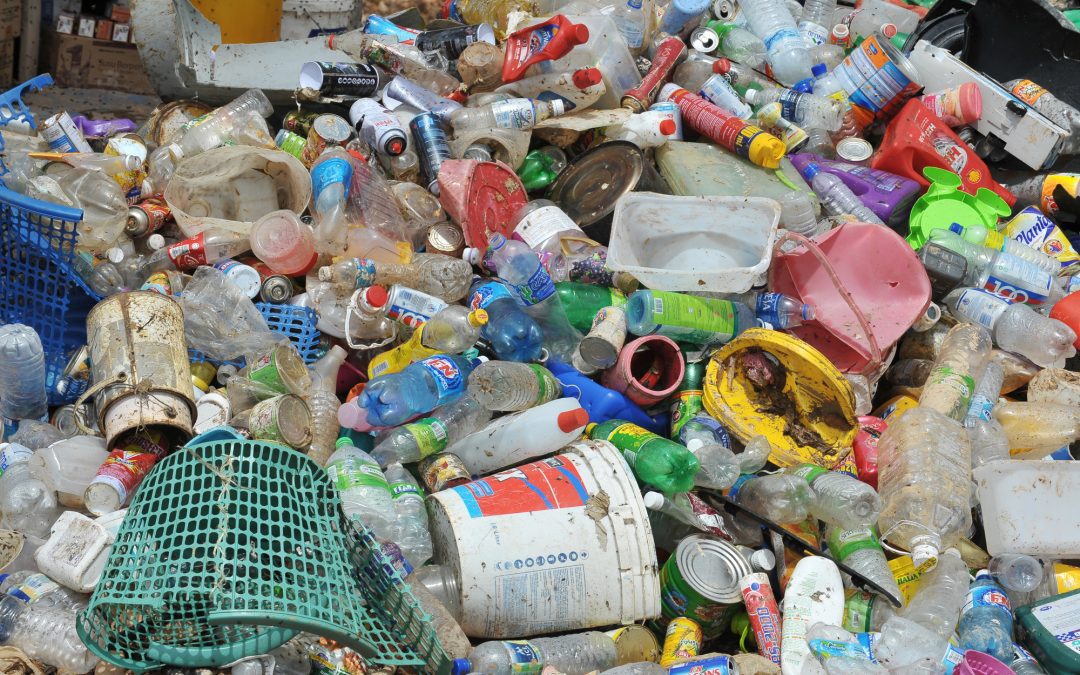
by admin | Sep 13, 2023 | biology, earth and environment
Plastic pollution is accelerating the destruction of our planet. Discarded plastic can be found in the remotest areas – from the highest mountain tops to the deepest ocean trenches. As many types of plastic take hundreds of years to break down, finding better solutions to the plastic crisis is vital. In recent research, Dr Jay Mellies from Reed College in Oregon examines the ability of microbes to break down mixed-plastic waste.
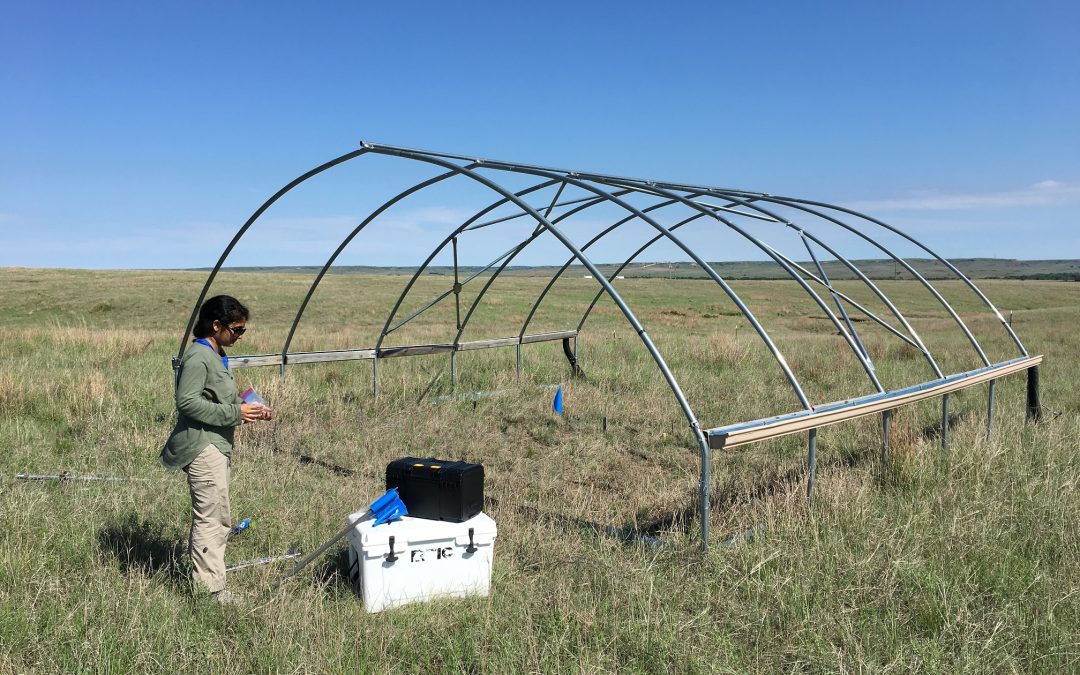
by admin | Sep 7, 2023 | biology, earth and environment
Both the frequency and intensity of droughts are forecast to increase in climate change predictions. It is well established that plant communities are sensitive to drought conditions, having implications for agriculture, forestry, and wild habitats. Despite the close association between soil fungi and plants, our understanding of how fungal communities respond to drought remains incomplete. To build this understanding, Dr Ari Jumpponen and his colleagues at Kansas State University used a combination of pure culture- and DNA-based techniques to study soil fungal communities exposed to chronic drought conditions.
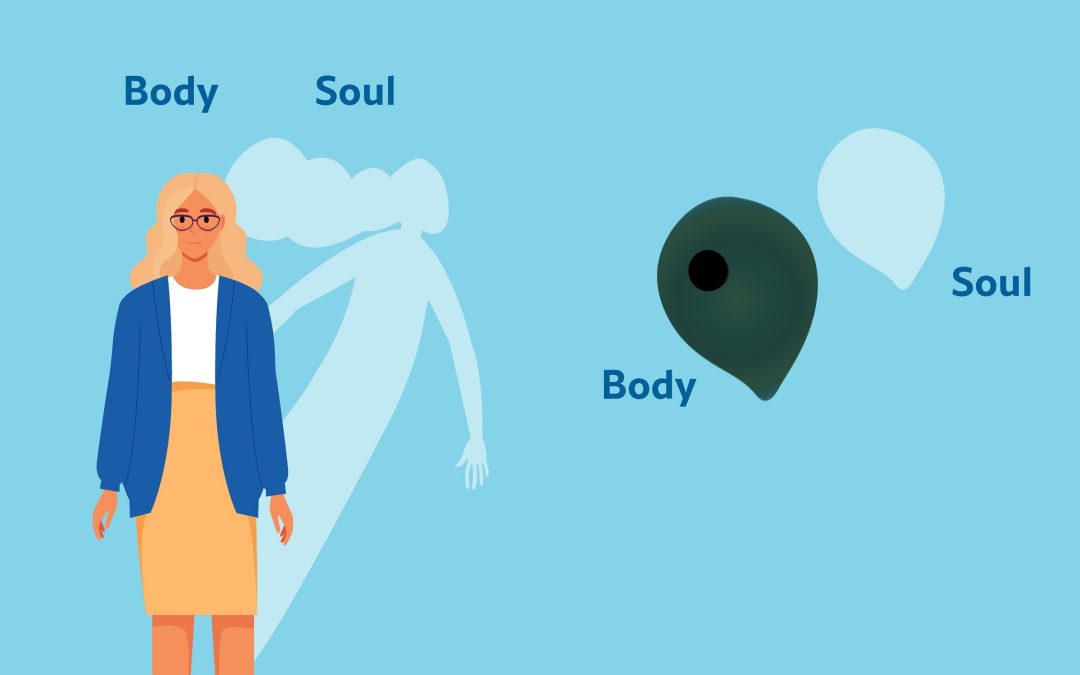
by admin | Sep 6, 2023 | biology
The idea that human beings have souls that leave their body after death is an essential part of most religions and spiritual beliefs. However, this has been very difficult to prove scientifically. Benjamin Scherlag, Ronald Scherlag, Tarun Dasari and Sunny Po at the University of Oklahoma Health Science Centre recently investigated the existence of a soul by conducting a series of scientific studies. They carried out these experiments on a dwarf form of the organism Stentor coeruleus, which is known for its regenerative abilities.
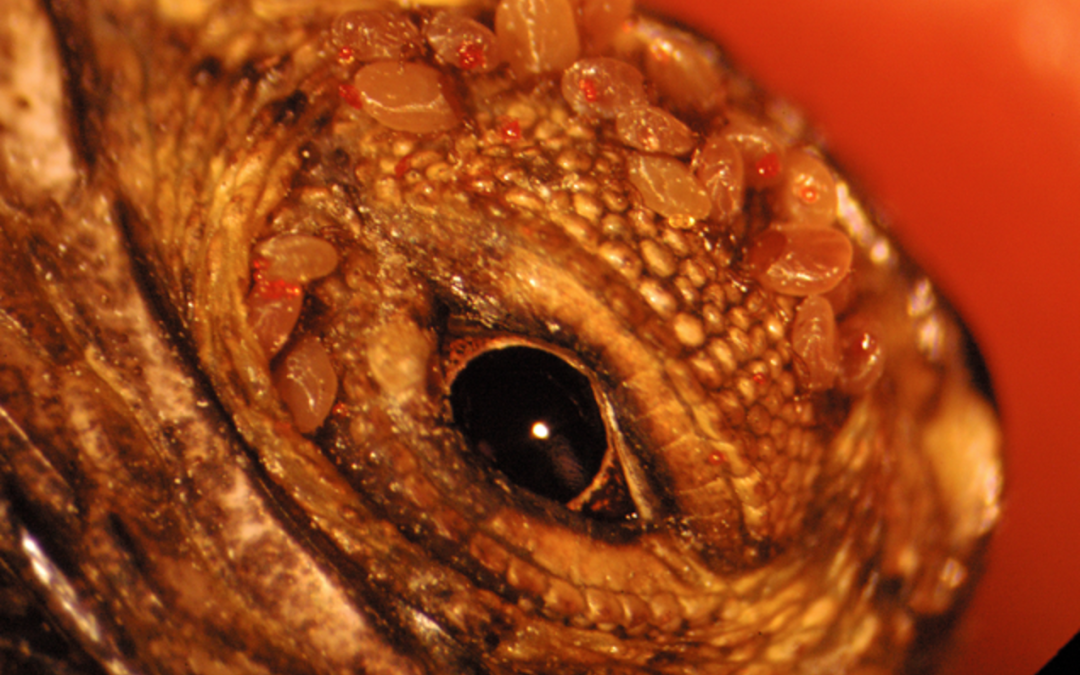
by admin | May 31, 2023 | AOTY23, biology, earth and environment
Each year, male Western fence lizards bob, charge, and battle rivals for a chance to win mates. For many of them, tick infestations threaten to hinder their best efforts by harming the lizards’ health. But just how harmful is tick parasitism for these unfortunate lizard hosts? In their recent research, Dylan Lanser, Dr Larisa Vredevoe, and Dr Gita Kolluru at California Polytechnic State University aimed to answer this question by staging contests between tick-free and tick-infested lizards.

by admin | May 17, 2023 | biology, earth and environment
The genetic secrets to extraordinary longevity, superhero-like healing and regeneration, and resistance to feeding disorders could be found hidden within the Earth. In underground caves in Dinaric Karst along the Adriatic Sea in the Western Balkans lives a cave salamander, the olm, whose remarkable adaptations mean its genome holds great promise for biomedical research. Dr Rok Kostanjšek and an international team of scientists at the Proteus Genome Research Consortium are tackling the challenge of sequencing the huge olm genome, to provide the basis for studying its unique genetic characteristics.
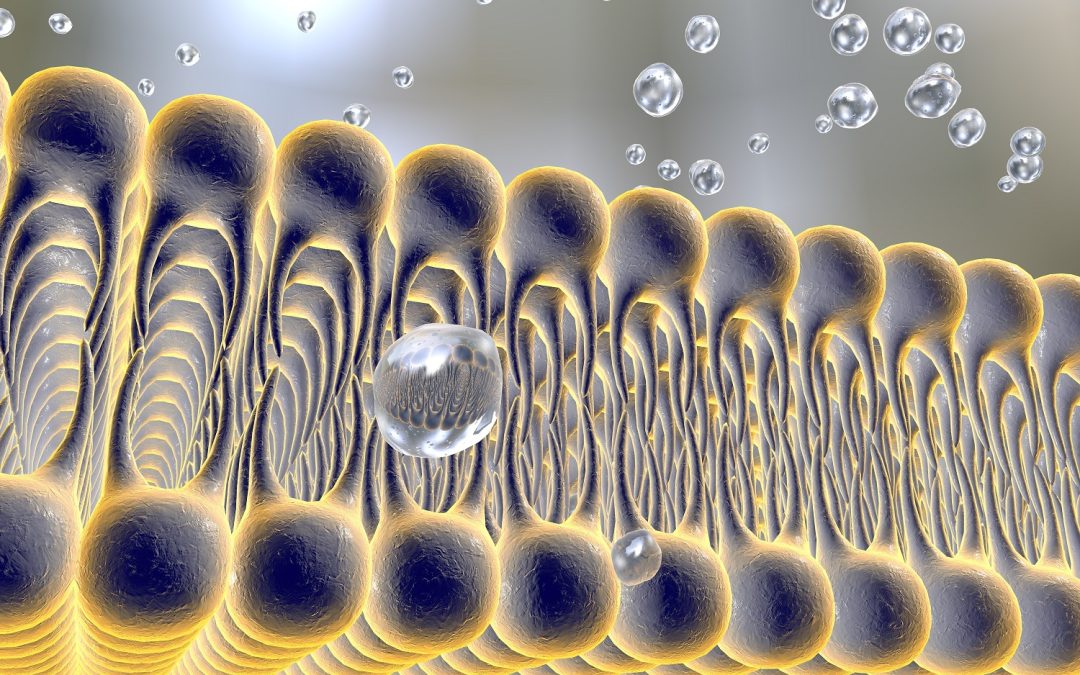
by admin | May 10, 2023 | biology, health and medicine
Cell membranes are critical for life. Effectively extracting proteins with naturally associated lipids from cell membranes is necessary for research, but traditional methods may damage these membrane components and limit the accuracy of scientific data. Dr Youzhong Guo at Virginia Commonwealth University has recently developed a revolutionary method for extracting membrane components in the form of Native Cell Membrane Nanoparticles. His team’s exciting work advances our understanding of the structure, function and interactions of membrane proteins and lipids.






